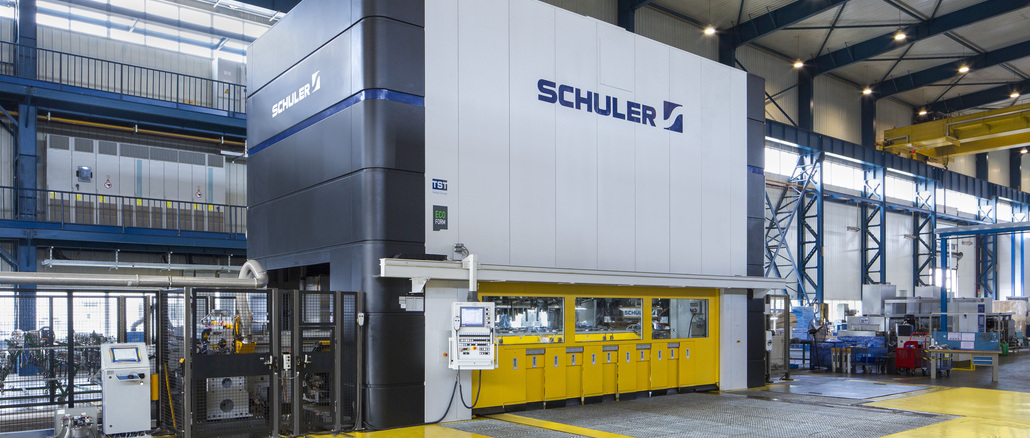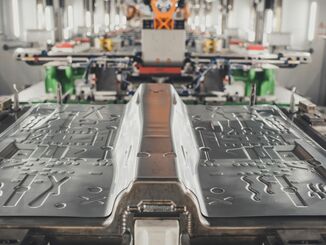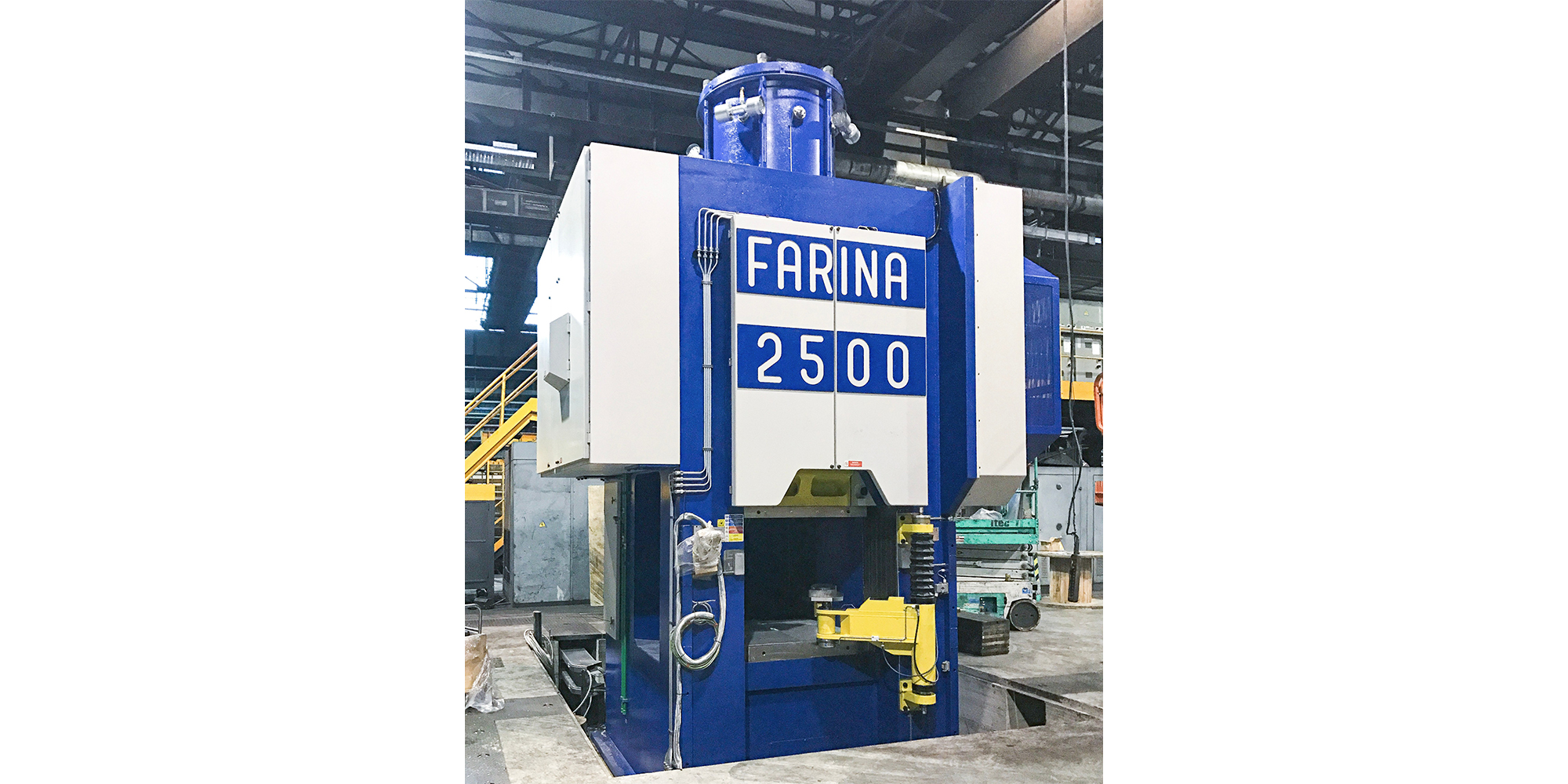
Active tilting compensation increases the precision of the formed parts and extends the service life of the tools.
In transfer presses, the forming of parts in stages usually causes the slide to skew. This is not the case for lines with TwinServo technology from Schuler: The widely spaced pressure points here provide a broad basis for off-center loading. In addition, because the underfloor drives are not mechanically coupled to each other, asymmetrical control can be used to counteract skewing. This has now been demonstrated again in the context of the commissioning of a 16,000 kilonewton TST press at a well-known and globally active automotive supplier.
By neutralizing possible skews, it is possible to maintain the kerf and thus increase the precision of the formed parts. Therefore, molds that normally run on other equipment can also be used quickly and easily on the TwinServo press. “Thanks to active tilt compensation, the customer says it can also extend the service life of the dies and significantly increase process reliability during subsequent laser welding,” says Frank Klingemann, Head of the Industry Division at Schuler, citing two further advantages of TST technology.




